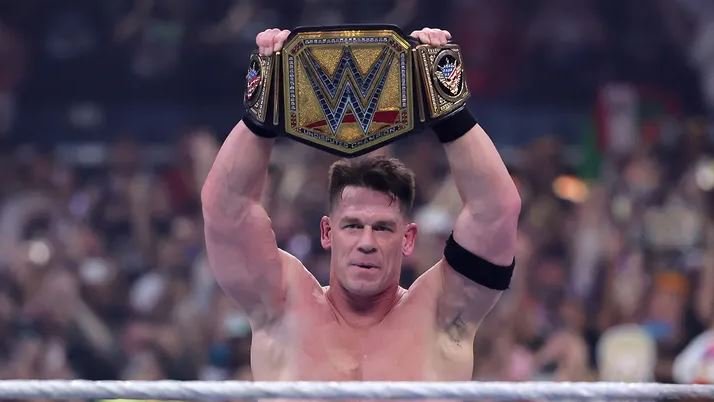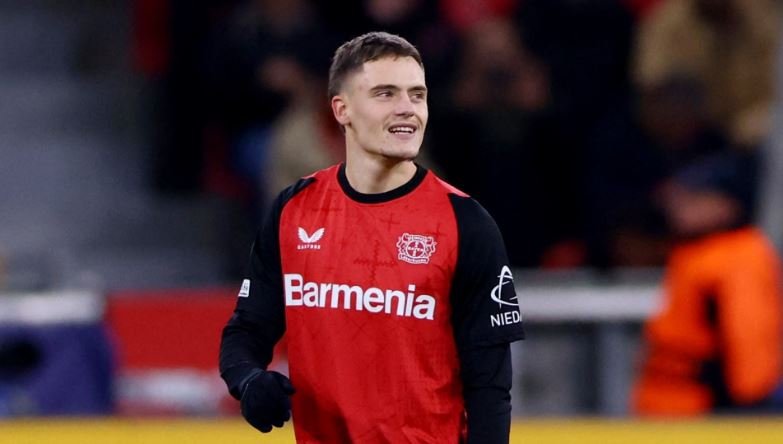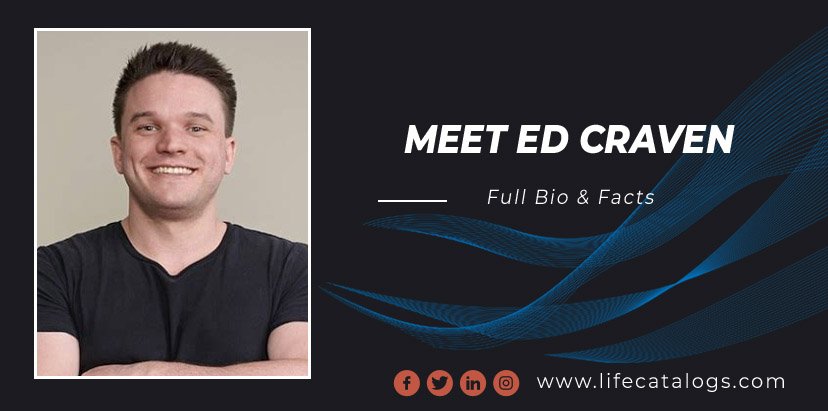Justin Bieber Diddy Trauma
From a youthful pop sensation to an established musician, Justin Bieber has faced numerous obstacles along the way, many of which have left him with long-lasting wounds. His connection with Sean “Diddy” Combs, which has recently been the subject of considerable investigation, is one noteworthy chapter in his life.
The Origins of Mentoring
Usher and then Sean “Diddy” Combs mentored 15-year-old Justin Bieber when he entered the music business in 2009. Diddy, a renowned player in the hip-hop industry, took Bieber under his wing, offering mentoring and opportunity. At first, this partnership was seen as a fantastic chance for the up-and-coming musician to have experienced help navigating the intricacies of the music business.

Allegations and Dark Revelations
The nature of Bieber and Diddy’s relationship has been called into doubt throughout time. In an interview with repentant mobster Michael Franzese in late 2024, former Death Row Records CEO Suge Knight said that Diddy had taken advantage of young musicians like Usher and Justin Bieber. Knight accused Diddy of taking the young musician on trips with older guys in the name of mentoring, claiming that Diddy had a disturbing interest in helping Bieber. His words, “the saddest thing in the world,” conveyed his profound concern for Bieber’s welfare.
Diddy’s mentorship has been clouded by these accusations, which raise the possibility that his motivations were not as selfless as previously thought. Such exploitation has serious repercussions and may cause long-term psychological anguish for those who engage in it.
The Impact on Bieber’s Mental Health
The demands of the entertainment industry are well known, and Bieber’s early exposure to its darker aspects has had a long-lasting impact. Bieber spoke tearfully of the pain he endured in the music business in a 2020 interview that was resurrected, suggesting the significant influence these early events had on his mental health. He talked about emotions that have apparently remained over the years, such as self-doubt and thoughts of unworthiness.
Bieber recently posted an emotional statement on Instagram, admitting emotions of self-doubt and unworthiness. He disclosed that, in spite of outside validation of his accomplishments, he frequently felt like a phony and harshly judged himself. Fans and mental health experts are worried about the lasting impact of his previous tragedies in light of this open admission.
Signs of Trauma on the Body
Trauma frequently shows up physically in addition to having an impact on the mind. A receding hairline, hollow cheeks, and dark circles beneath his eyes are just a few of the obvious changes in Bieber’s look that observers have noticed. According to board-certified surgeon Dr. Gaurav Bharti, these alterations may be caused by a number of things, such as stress, poor eating habits, weight loss, and insufficient sleep, all of which are possible signs of underlying psychological discomfort.
The accumulated stress from previous traumas, becoming a father, and continuing personal struggles, according to therapist Shari Botwin, may also make pre-existing medical disorders worse, like Bieber’s Ramsay Hunt syndrome, which he made public in 2022.
The Resurfacing of Controversial Footage
A 2009 video where Diddy talked about spending 48 hours with a then-15-year-old Bieber, doing what he called “the dream of any 15-year-old,” surfaced, adding gasoline to the fire. Although the specifics of these activities are yet unknown, the implication has caused a great deal of conjecture and anxiety among the public and followers.
The Effect of Brand Scandals on Others
Beyond personal relationships, Diddy’s accusations have wider ramifications. Such large-scale brand controversies can affect related artists as well as the industry as a whole. The entertainment business has been rocked by Diddy’s sexual assault claims, which include claims of sex trafficking, exploitation, and sexual abuse. This has led to a reassessment of industry procedures and the safeguarding of up-and-coming musicians.
Moving Forward: Healing and Advocacy
Bieber has proven resilient in the face of these difficulties. He now publicly discusses his difficulties and encourages others to get help, making him a strong voice for mental health. His experience serves as a reminder of how critical it is to deal with past traumas and give mental health top priority.
Safer environments for young artists are becoming more and more important as the industry struggles with these disclosures. Preventing exploitation and promoting the holistic development of artists require the implementation of stronger mentorship norms, the provision of mental health resources, and the cultivation of an open culture.
















